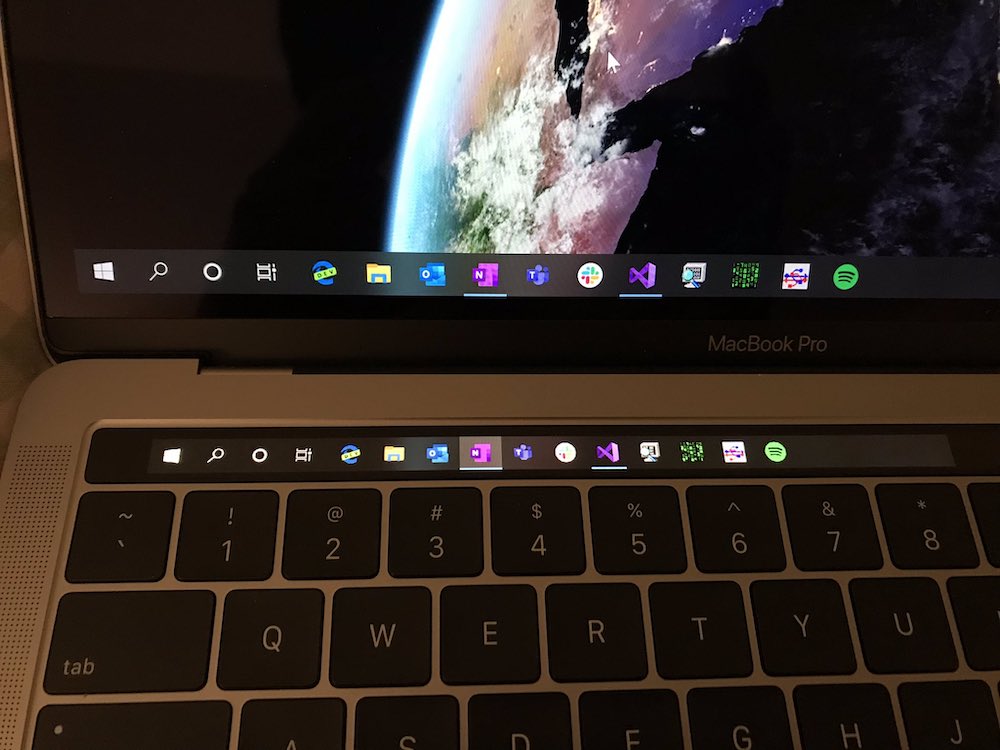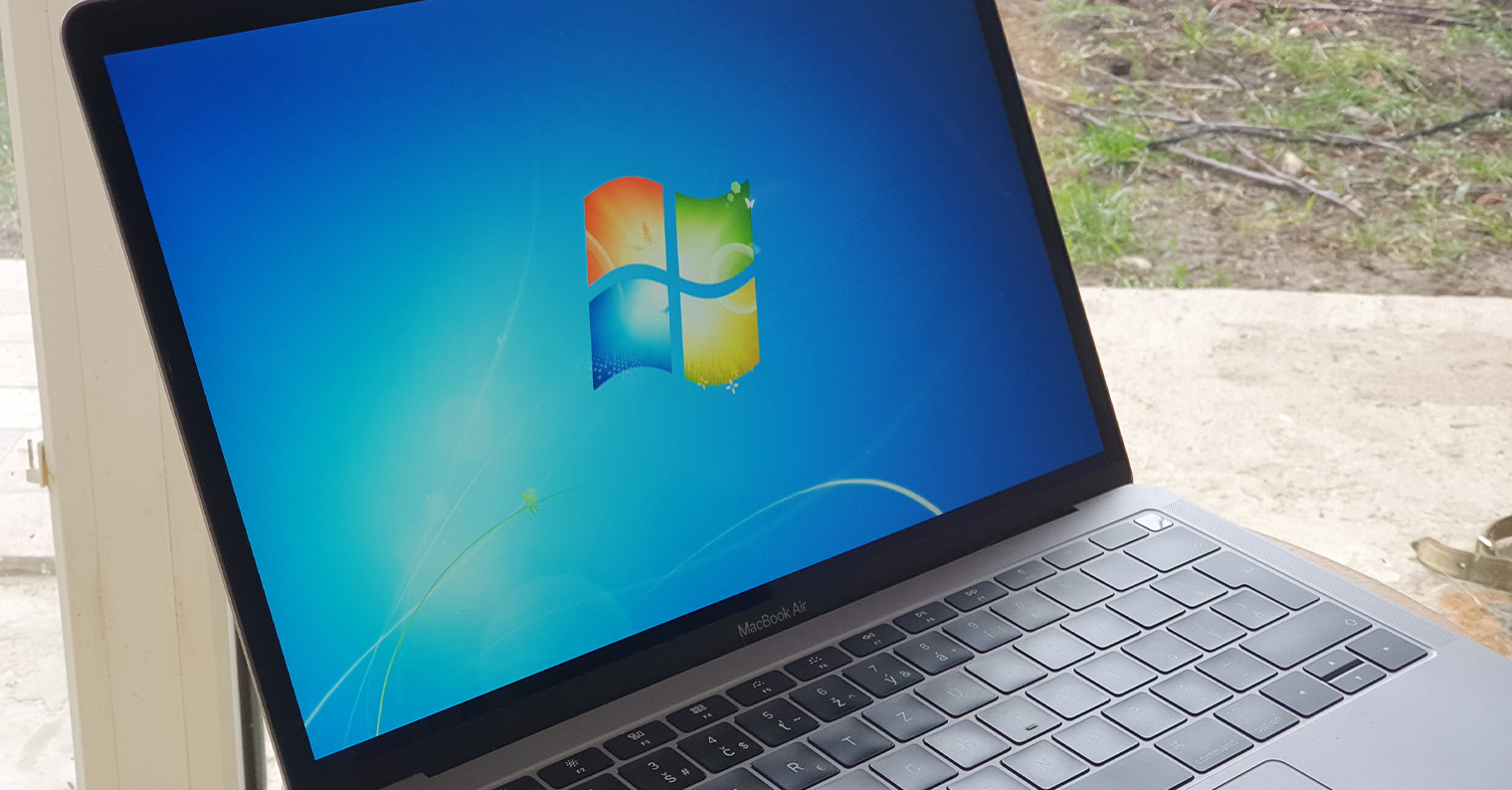Today will go down in the memory of Windows operating system users as historical, for some even as black. Today, January 15, 2020, Microsoft officially ended support for the Windows 10 operating system after nearly 7 years.
This decision means that Microsoft will no longer provide any technical support, updates or security patches for this operating system, and this obligation is also removed for companies that provide anti-virus software, such as Symantec or ESET. Starting today, the operating system is thus exposed to security risks, and users who still intend to continue using the system must be more careful when browsing the Internet or working with data from unknown sources.
It could be interest you

Even though Microsoft released the controversial successor Windows 2012 in 8 and the more popular Windows 10 three years later, the version with the number "7" still holds onto more than 26% of the population. The reasons vary, sometimes it's work computers, other times it's weak or outdated hardware for a newer operating system. For such users, the purchase of a new device is recommended.
But what does this mean for Mac users? As a Mac manufacturer, Apple no longer has to provide special drivers for Windows 7 if users choose to install it via Boot Camp. Although installation of this system will continue to be possible, the system may have compatibility issues with newer hardware such as graphics cards.
For Apple, it also means an opportunity to acquire new customers, including corporate ones. With the end of support for Windows 7, many companies are exposed to the need to upgrade to newer devices and agencies IDC expects, that up to 13% of businesses choose to switch to a Mac instead of upgrading to Windows 10. This opens up the opportunity for Apple to offer additional products to these businesses in the future, including the iPhone and iPad, bringing these companies into Apple's modern ecosystem.

10s, the biggest bonzac OS! When Win10 came out, all the enthusiasts installed and were back to 7 or XP within a month. Nothing is going right and if you fart at the PC, Bill will know by smelling it in the study!
A bug crept in, it's 2020.???
Go to hell, the pig doesn't know anything about it.
"In 2012, Microsoft released the controversial successor to Windows 8, and three years later, the more popular Windows 10"
Windows 10 was so popular that even a year of forceful imposition by MS on all users did not help for any greater expansion of this system...
I had a ten and after a few days I returned to a seven. A ten is a bad hummus.